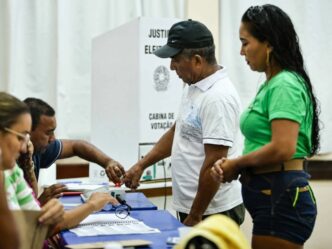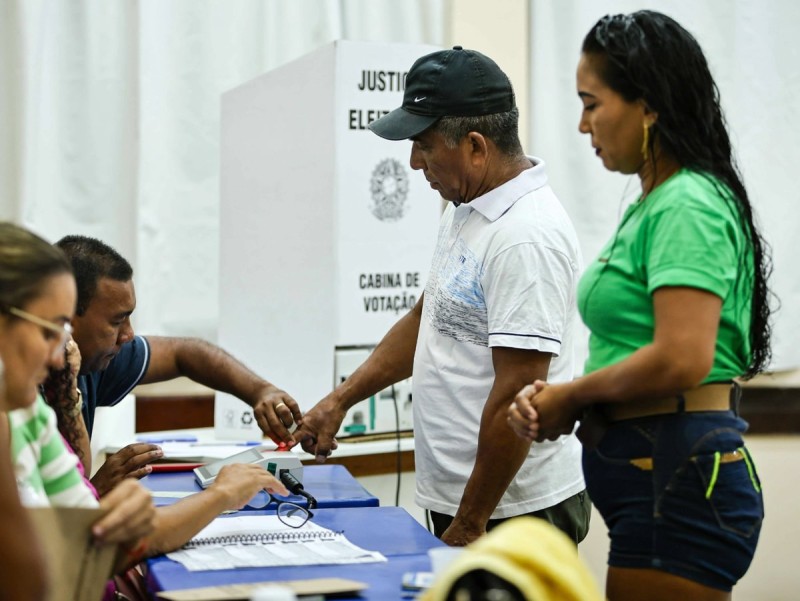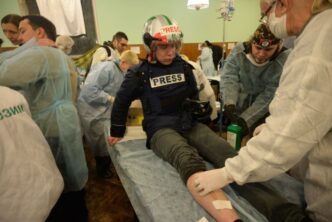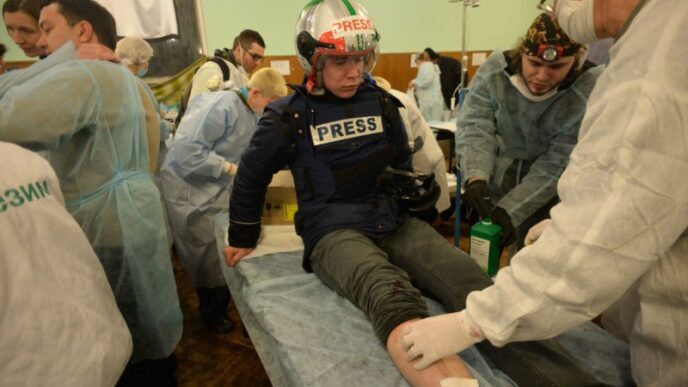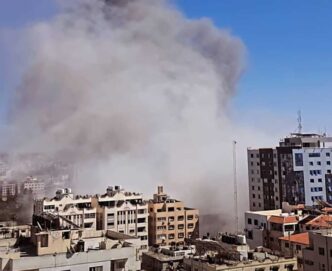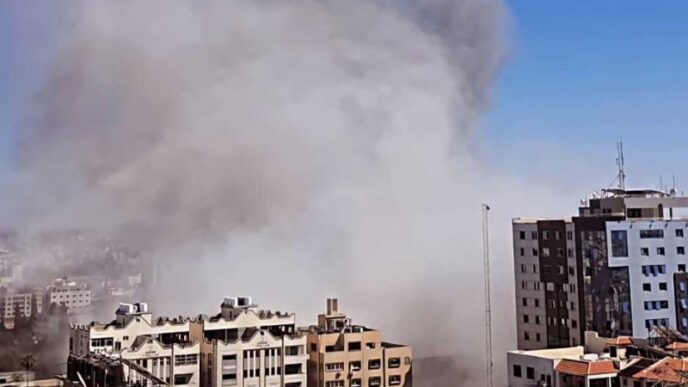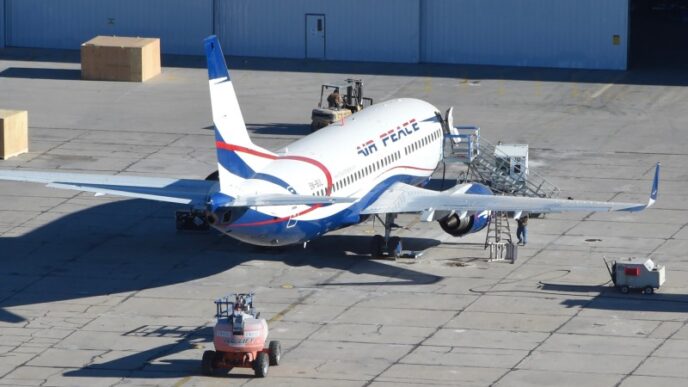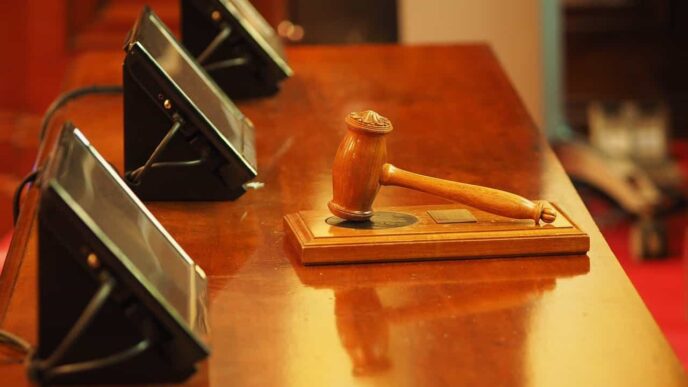The Ministry of Labor and Employment of Brazil (MTE) updates its so-called Dirty List every six months, most recently on October 7. The latest list includes two municipal councilors who were re-elected on October 6, along with two candidates who failed to win seats.
Eduardo Ribeiro Lima was elected for the ninth time in Beberibe, a city in the northeastern state of Ceará. The MTE said 22 workers on his cashew plantation were subjected to “conditions analogous to slavery.”
Fabiano Francisco da Silva was re-elected to council in Vera Mendes, a town in the interior of the neighboring Piauí state. His name first appeared on the list a year ago in relation to 10 people working for his mining business.
Cícero Rodrigues da Silva withdrew from his campaign in August in Campina Grande, the second largest city in the northeastern state of Paraíba. He was accused of subjecting five workers to illegal conditions at a granite mining operation.
Neither Francisco da Silva, Ribeiro Lima, nor Rodrigues da Silva responded to requests for comment via phone and email.
Bezaliel Moura de Lima ran unsuccessfully for city council in Quixadá, Ceará. The MTE cited him in relation to one employee who was subjected to conditions analogous to slavery.
Moura de Lima’s lawyer, Gilmar Santos, said he was not notified that his client would be added to the Dirty List. Moura de Lima had earlier been summoned by Federal Police to give a statement after they received a complaint based on the MTE findings, said Santos.
Santos said authorities had not proven that “conditions analogous to slavery” were present in Moura de Lima’s rock quarry operation. He provided a copy of findings of the Federal Police investigation concluding that “there was no evidence of criminal liability.”
“We will take the appropriate judicial and administrative measures to exclude/remove his name from said list,” Santos added.
Employers are added to the Dirty List after labor inspectors, following up on complaints, find evidence of “slavery-like” conditions in at least two instances, according to the MTE. Employers are subject to an administrative process and are added if the allegations are found to be true.
Slavery-like conditions include forced labor, extreme work hours, and degrading conditions. They also include being held at the workplace through extensive surveillance, confiscation of documents, or restrictions on transportation.
Employers found to have overseen such conditions stay on the Dirty List list for at least two years, and are removed if they rectify the violations. The latest update saw 85 employers removed, the MTE said.
Those on the list may also face criminal charges, with a penalty of up to eight years in prison if they are convicted, according to Bruno Schimitt Morassutti, advocacy director with the transparency group Fiquem Sabendo.
Even if found guilty, a politician would not necessarily be removed from office, he said.
“Except for certain specific crimes, such as torture, case law says the loss of office is only possible if the judgment expressly and specifically justifies the reasons why the conviction should also lead to the loss of public office,” Morassutti said.
OCCRP found that 16 people who are on the current list of 727 names have run for political positions since 2014. With the exception of Francisco da Silva and Ribeiro Lima, none of them are in office today.
The MTE added 176 names to its newest list. The sectors with the most violations were charcoal production, cattle raising, coffee production and construction.
Ribeiro Lima also faces a civil suit lodged by the Ceará Public Prosecutor’s Office, which accuses him of using an official vehicle for personal purposes. He argues that, as then-president of the Beberibe City Council, he had the right to use the car for institutional activities. The case is pending.
Francisco Silva, meanwhile, is under investigation by police and prosecutors in Piauí for alleged fraud and using false documents. His company allegedly misreported the origin of timber it had traded, as well vastly underestimating the amount of the shipment it had received.

